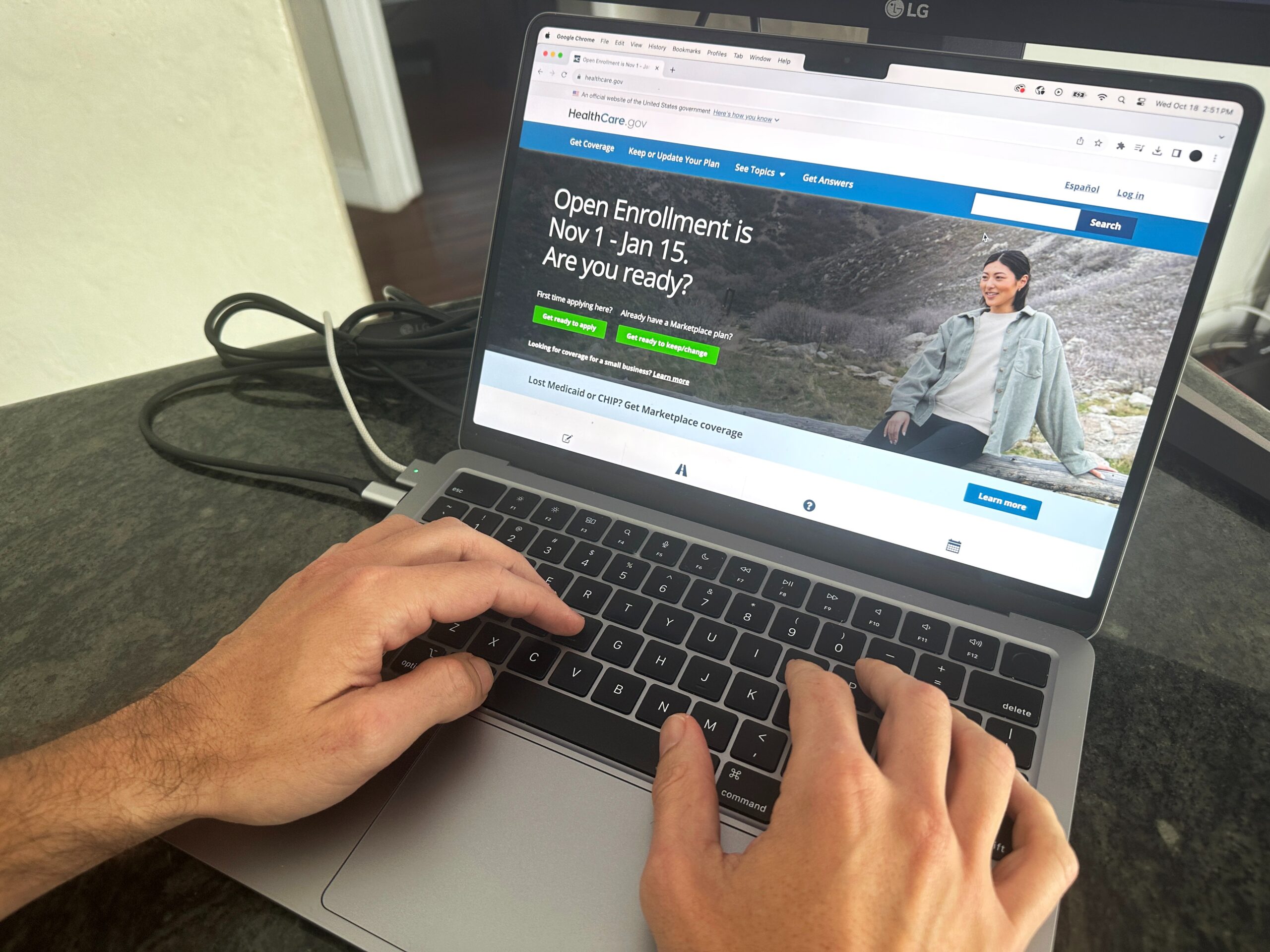Health insurance is a vital component of financial security, providing coverage for medical expenses and ensuring access to necessary healthcare services. However, circumstances may change throughout the year, leading individuals to reassess their health insurance needs and consider making changes to their coverage. While health insurance plans typically offer an open enrollment period during which policyholders can make changes to their coverage, there are certain circumstances that may allow for changes outside of this period. In this article, we’ll explore the options for changing health insurance plans outside of open enrollment and the circumstances that may qualify individuals for a special enrollment period.
Understanding Open Enrollment:
Open enrollment is a designated period during which individuals can enroll in health insurance plans, make changes to their existing coverage, or switch to a different plan without needing to provide a qualifying event. Open enrollment periods are typically offered annually by health insurance providers and may vary depending on the type of coverage and the insurer.
During open enrollment, individuals have the opportunity to:
- Enroll in a new health insurance plan
- Change to a different health insurance plan
- Add or remove dependents from their coverage
- Make changes to their coverage options, such as adjusting deductibles or switching between HMO and PPO plans
Open enrollment periods provide an opportunity for individuals to review their current coverage, assess their healthcare needs for the upcoming year, and make any necessary changes to their health insurance plans.
Special Enrollment Periods:
While open enrollment is the primary opportunity for making changes to health insurance coverage, certain qualifying events may trigger a special enrollment period, allowing individuals to make changes outside of the regular enrollment period. Qualifying events vary depending on the health insurance plan and may include:
- Marriage or divorce
- Birth or adoption of a child
- Loss of other health coverage (e.g., loss of job-based coverage, expiration of COBRA coverage)
- Moving to a new area that is not covered by current health insurance plans
- Gaining citizenship or lawful presence in the United States
- Changes in household size or income that affect eligibility for premium tax credits or cost-sharing reductions
Individuals who experience a qualifying event may be eligible for a special enrollment period, during which they can make changes to their health insurance coverage outside of the regular open enrollment period. Special enrollment periods typically last for a specified period following the qualifying event, allowing individuals to enroll in a new plan or make changes to their existing coverage.
Changing Health Insurance Plans Outside of Open Enrollment:
Outside of open enrollment and special enrollment periods, making changes to health insurance coverage can be more challenging. However, certain circumstances may qualify individuals for changes to their coverage outside of these periods. Some options for changing health insurance plans outside of open enrollment include:
- Medicaid or CHIP: Individuals who experience changes in income or household size that affect their eligibility for Medicaid or the Children’s Health Insurance Program (CHIP) may be eligible for enrollment or changes to coverage outside of open enrollment.
- Employer-Sponsored Coverage: Changes in employment status, such as starting a new job or losing coverage due to job loss, may trigger special enrollment periods for employer-sponsored health insurance plans.
- Qualifying Life Events: Certain life events, such as marriage, divorce, birth, or adoption, may qualify individuals for special enrollment periods under the Affordable Care Act (ACA), allowing them to make changes to their coverage outside of open enrollment.
- Marketplace Exemptions: Individuals who qualify for certain exemptions from the ACA’s individual mandate may be eligible for special enrollment periods to enroll in or change health insurance coverage outside of open enrollment.
It’s essential to carefully review the eligibility requirements and documentation needed to qualify for a special enrollment period and make changes to health insurance coverage outside of open enrollment. Individuals should contact their health insurance provider or visit the Health Insurance Marketplace to determine eligibility and explore available options for changing coverage.
Conclusion:
Health insurance is a critical component of financial security, providing coverage for medical expenses and ensuring access to necessary healthcare services. While open enrollment periods offer individuals the opportunity to make changes to their coverage on an annual basis, certain qualifying events may trigger special enrollment periods, allowing for changes outside of the regular enrollment period. By understanding the options for changing health insurance coverage outside of open enrollment and the circumstances that may qualify individuals for special enrollment periods, individuals can navigate the complexities of health insurance and ensure they have the coverage they need to protect their health and financial well-being.










